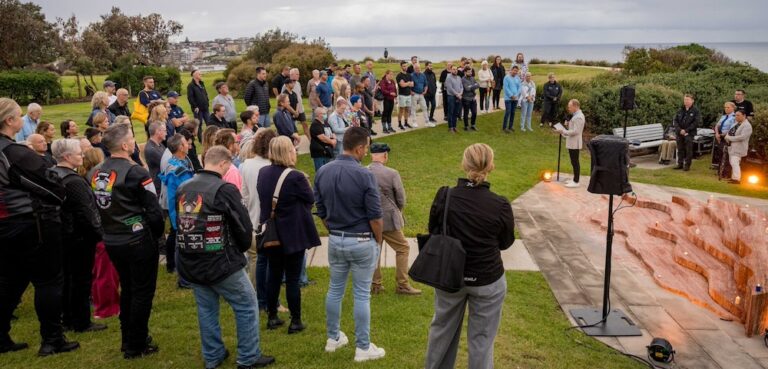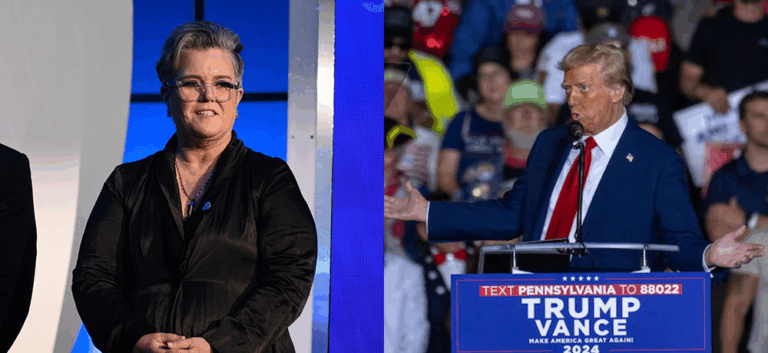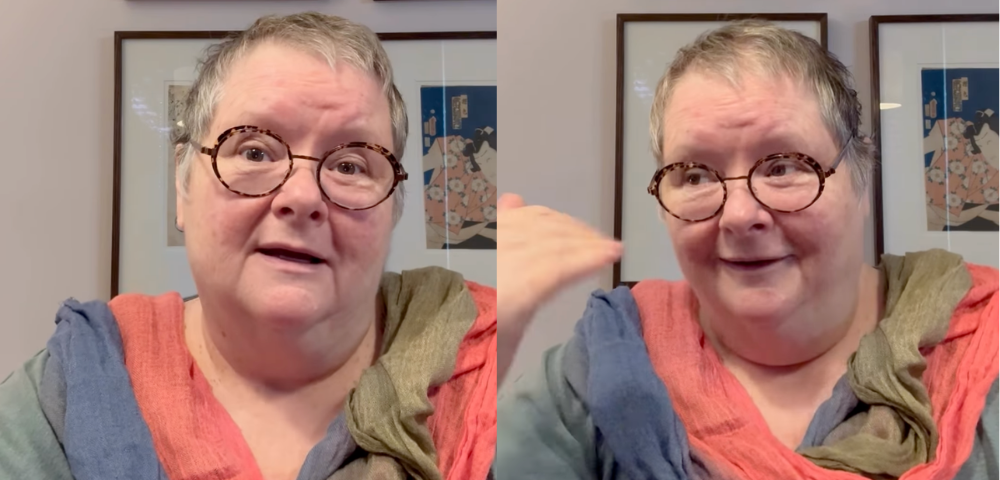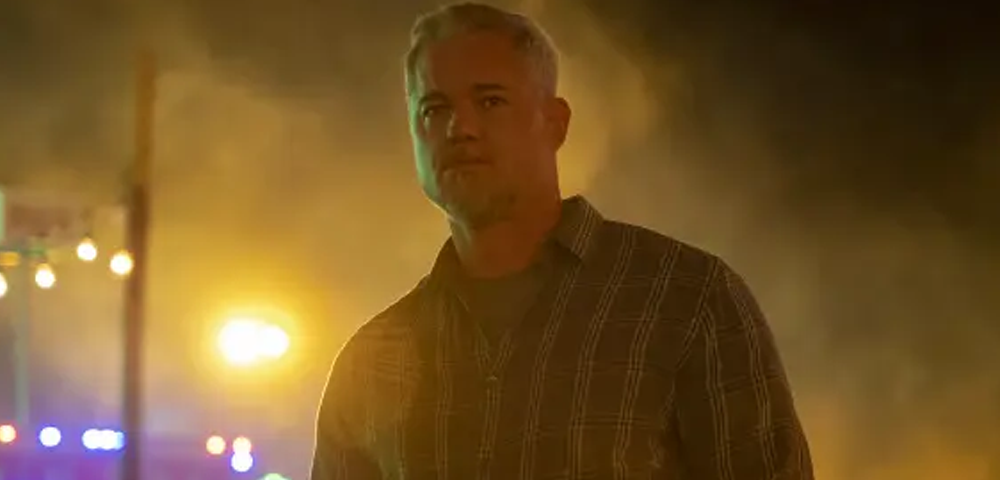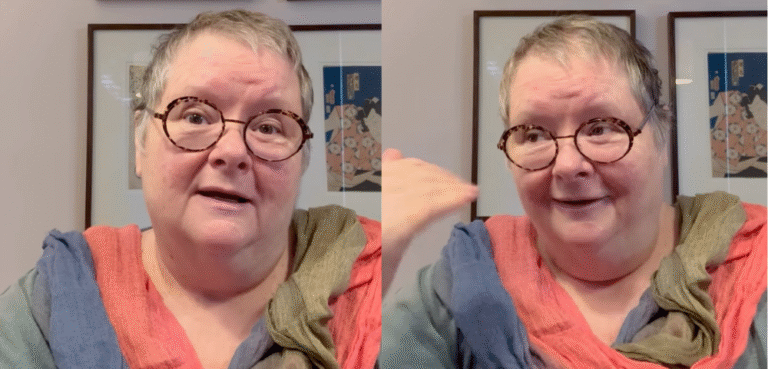
Fierce campaign targets queer women

A NEW anti-smoking campaign has been launched to highlight the alarmingly high smoking rates for lesbian, bisexual, and queer (LBQ) women in Australia.
The campaign #SmokeFreeStillFierce was launched by ACON and aims to use positive and empowering messages to help LBQ women quit smoking.
The 2014 Sydney Women and Sexual Health survey found that LBQ women smoked at twice the rate of women in the general population, and of the 16 – 24 year olds surveyed, 48 per cent reporting using tobacco.
As a way to reduce smoking rates in high priority populations, the NSW Tobacco Strategy recommends targeted interventions as well as population-wide approaches.
Director of HIV and Sexual Health at ACON, Karen Price, said the new campaign is the first of its kind under that strategy.
“Based on the definition of ‘populations with continued high rates of smoking’ LBQ women are classified as a priority population under this strategy,” she told the Star Observer.
“However this is the first campaign of its kind targeting LBQ women – one of the primary objectives of the #SmokeFreeStillFierce campaign is to bring this issue to light by raising awareness of smoking disparities among LBQ women.
“This is a necessary step to ultimately reduce smoking rates in this community.”
With inspirational messages coming from influential community figures, #SmokeFreeStillFierce helps to address the relationship that LBQ women have with smoking, such as a means to handle stress, navigate social spaces, and to form identity and image.
“What was clear from our research was that smokers in the community wanted a campaign with positive, inspiring messages avoiding fear-based or judgemental messaging as this did not resonate with them,” Price said.
“There are some misconceptions about LBQ women’s health that mean that sometimes the health advice or care received is inconsistent with best practice… advocacy and better understanding is required.”
President of ACON Justin Koonin said the campaign is a very important step for them.
“We’ve long wanted to do more to address the health issues for women in our communities and we are extremely grateful to the Cancer Institute NSW for funding this initiative,” he said.
“We recognise the need to explore more direct and tailored approaches to reducing the rate of smoking in our communities.”




